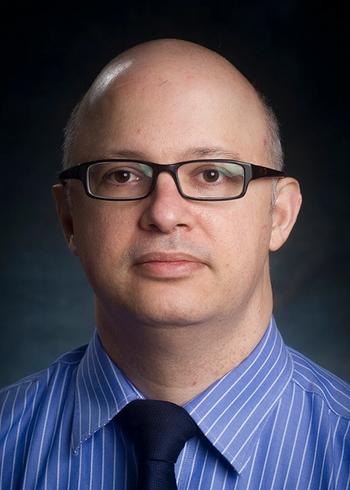
Treatment with the CAR T-cell therapy ciltacabtagene autoleucel significantly improved outcomes for patients with relapsed or refractory multiple myeloma when compared with conventional therapies.

Treatment with the CAR T-cell therapy ciltacabtagene autoleucel significantly improved outcomes for patients with relapsed or refractory multiple myeloma when compared with conventional therapies.
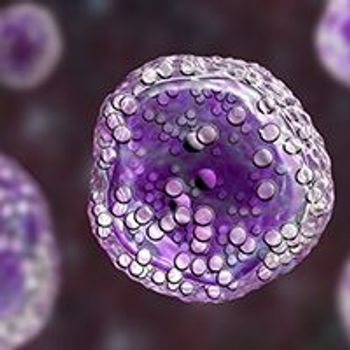
Axicabtagene ciloleucel and tisagenlecleucel have been used mostly to treat patients with diffuse large B-cell lymphoma in the outpatient setting.

Intensified induction therapy with daratumumab in addition to cyclophosphamide, bortezomib, lenalidomide, and dexamethasone and bortezomib-augmented autologous stem cell transplant yielded robust responses in patients with ultra¬ high–risk multiple myeloma or primary plasma cell leukemia
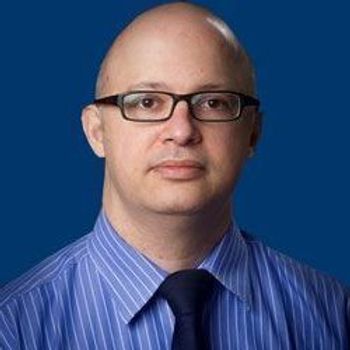
The incidence of grade ≥2 cytokine release syndrome was lower in patients with relapsed or refractory multiple myeloma who received anakinra prophylaxis with orvacabtagene autoleucel, a B-cell maturation antigen-targeted CAR T-cell therapy.

Cytovia is exploring several NK cell-based therapies, an emerging class of cell therapies with high potential for fewer side effects and greater anti-tumor activity.
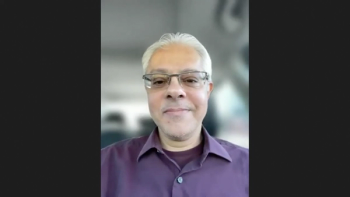
The phase 2 ZUMA-3 trial of brexucabtagene autoleucel showed that it is possible to intervene early to prevent some toxicity, said Bijal Shah, MD, associate member in the Department of Malignant Hematology at Moffitt Cancer Center.

The CAR T-cell therapy lisocabtagene maraleucel resulted in better efficacy versus standard of care with no new safety signals.
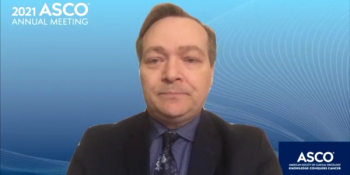
Larry D. Anderson Jr, MD, PhD, associate professor, Harold C. Simmons Comprehensive Cancer Center, discusses updated findings of the phase II KarMMa trial assessing ide-cel chimeric antigen receptor (CAR) T-cell therapy for treatment of adult patients with relapsed or refractory multiple myeloma after 4 or more prior lines of therapy.
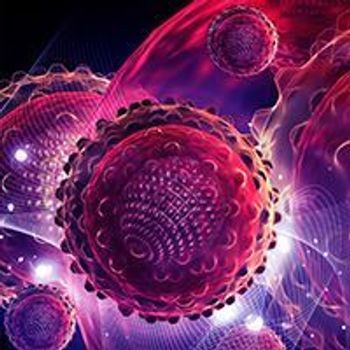
C-CAR066 exhibited a favorable safety profile and promising efficacy in adult patients with relapsed/refractory B-cell non-Hodgkin lymphoma who failed with prior CD19 CAR T-cell therapy.
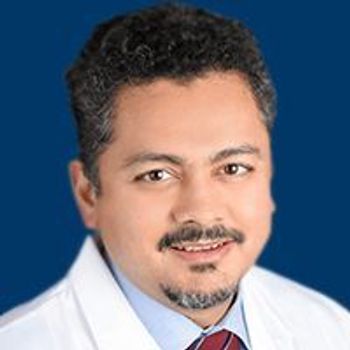
Ciltacabtagene autoleucel, an investigational BCMA-directed CAR-T therapy, sustained efficacy and durable responses in heavily pretreated patients with relapsed/refractory multiple myeloma.
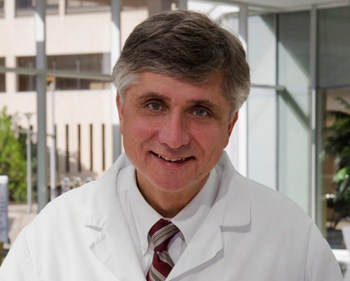
Tisagenlecleucel led to high complete response rates that appear durable for patients with follicular lymphoma, prompting a regulatory submission later this year.
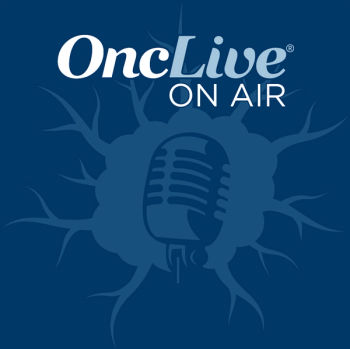
Dr. Munshi discusses the significance of the FDA approval of ide-cel in relapsed/refractory multiple myeloma, data from the KarMMa trial, which served as the basis for the approval, and next steps for CAR T-cell therapy in the field.

The combination of lifileucel and pembrolizumab was tolerable and led to responses for most patients with immune checkpoint inhibitor–naïve advanced melanoma.
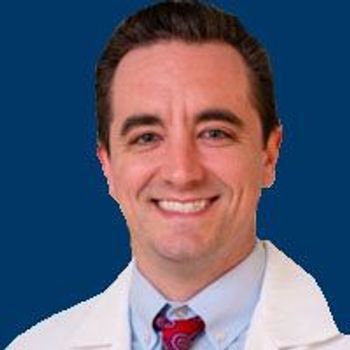
The autologous CAR T-cell product CART-ddBCMA was found to elicit a 100% objective response rate in patients with relapsed/refractory multiple myeloma, with deep and durable responses noted in those with poor prognostic factors.

Results of a phase 1/2 trial show the feasibility of an approach targeting CLL1 in pediatric patients with relapsed or refractory acute myeloid leukemia.
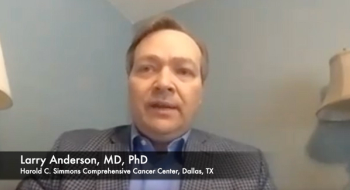
CancerNetwork® sat down with Larry Anderson, MD, PhD, at the 2021 ASCO Annual Meeting to talk about updated data from the KarMMa trial of CAR T-cell therapy idecabtagene vicleucel to treat patients with relapsed or refractory multiple myeloma.

Ciltacabtagene autoleucel elicited a response in nearly all patients with relapsed/refractory multiple myeloma previously treated with 1 to 3 prior treatments.
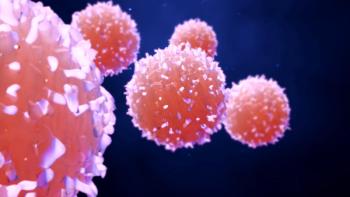
Results of the phase 2 SPEARHEAD-1 trial showed a high overall response rate with afamitresgene autoleucel in advanced synovial sarcoma or myxoid/round cell liposarcoma.
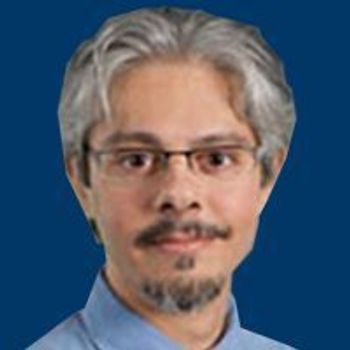
A single infusion of KTE-X19, a CAR T-cell therapy, demonstrated robust and durable responses in heavily pretreated patients with relapsed/refractory B-cell acute lymphoblastic leukemia.
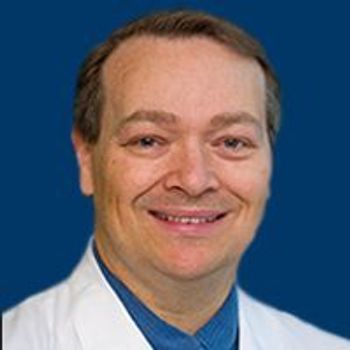
The CAR T-cell therapy idecabtagene vicleucel continues to demonstrate improved survival among heavily pretreated patients with relapsed/refractory multiple myeloma.
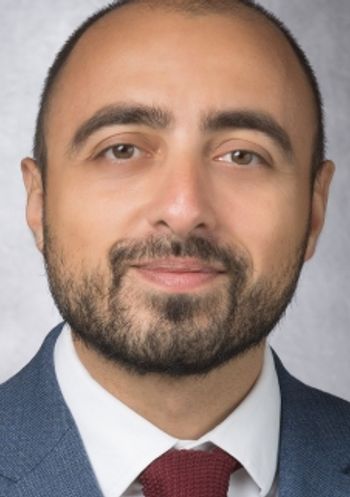
An off-the-shelf natural killer cell therapy demonstrated high response rates and limited toxicity for patients with relapsed/refractory B-cell lymphoma.
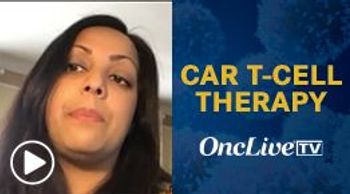
Monalisa Ghosh, MD, discusses the role of off-the-shelf CAR T-cell therapy in patients with multiple myeloma.
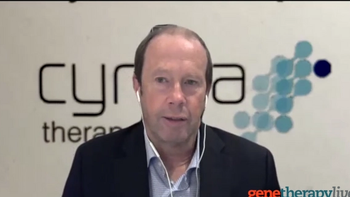
Ross Macdonald, PhD, managing director and CEO of Cynata Therapeutics, discusses the biotech company's approach to overcoming reproducibility challenges with mesenchymal stem cells.
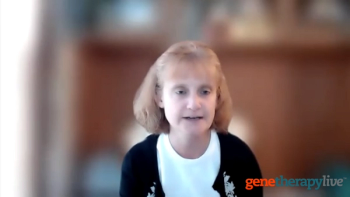
Maria A. Croyle, PhD, discusses the development of a novel film matrix that can safely and effectively store and transport AAV-based gene therapies.

Idecabtagene vicleucel elicited a median overall survival of 24.8 months with a 51% event-free rate at 24 months in patients with heavily pretreated, relapsed/refractory multiple myeloma.